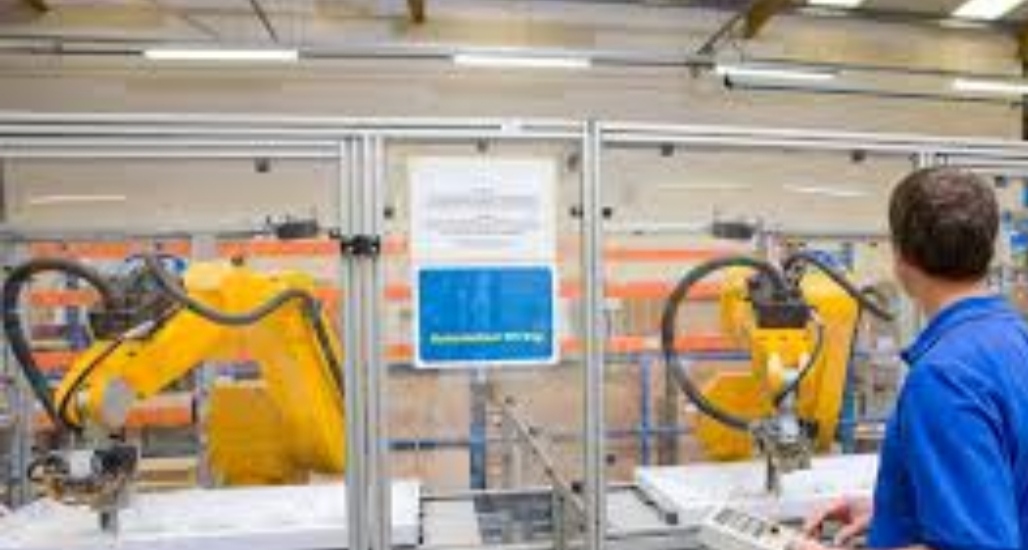The job market is constantly evolving, and it is crucial to keep up with the trends and changes to stay ahead of the competition. With technological advancements and demographic shifts, the job market is undergoing significant transformations. In this blog post, we will explore the opportunities and challenges of job growth in the future.
Technological Advancements and Job Growth
The rapid development of technology has created new job opportunities while also transforming existing ones. The rise of automation and artificial intelligence (AI) has led to the creation of new jobs such as data scientists, AI engineers, and cybersecurity analysts. However, it has also eliminated some traditional jobs, such as bank tellers and data entry clerks. Therefore, it is essential to upskill and reskill to stay relevant in the job market.
Demographic Shifts and Job Growth
The demographics of the workforce are changing, with more women and older workers entering the workforce. The increasing diversity of the workforce creates opportunities for employers to tap into a broader range of skills and perspectives. However, it also presents challenges such as managing age diversity and promoting diversity and inclusion in the workplace.
Green Jobs and Job Growth
The focus on sustainability and the transition to a low-carbon economy is driving the creation of new jobs in the renewable energy sector, such as solar panel installers and wind turbine technicians. However, this also requires a shift in skills and training for workers in traditional industries that need to adapt to more sustainable practices.
Gig Economy and Job Growth
The rise of the gig economy, driven by the proliferation of digital platforms, has created new opportunities for self-employment and freelance work. However, it also presents challenges such as job insecurity, lack of benefits and protections, and income volatility.
Education and Job Growth
Education and training play a critical role in job growth, as they equip workers with the skills and knowledge needed to succeed in the job market. However, there is a growing skills gap, with many jobs requiring skills that are not adequately taught in traditional education systems. Therefore, there is a need to invest in lifelong learning and upskilling programs.
The future of job growth presents both opportunities and challenges. Technological advancements, demographic shifts, green jobs, and the gig economy create new opportunities for workers to succeed. However, these changes also require workers to adapt and upskill to stay relevant in the job market. It is crucial for employers, policymakers, and individuals to understand these trends and take action to prepare for the future of work.




